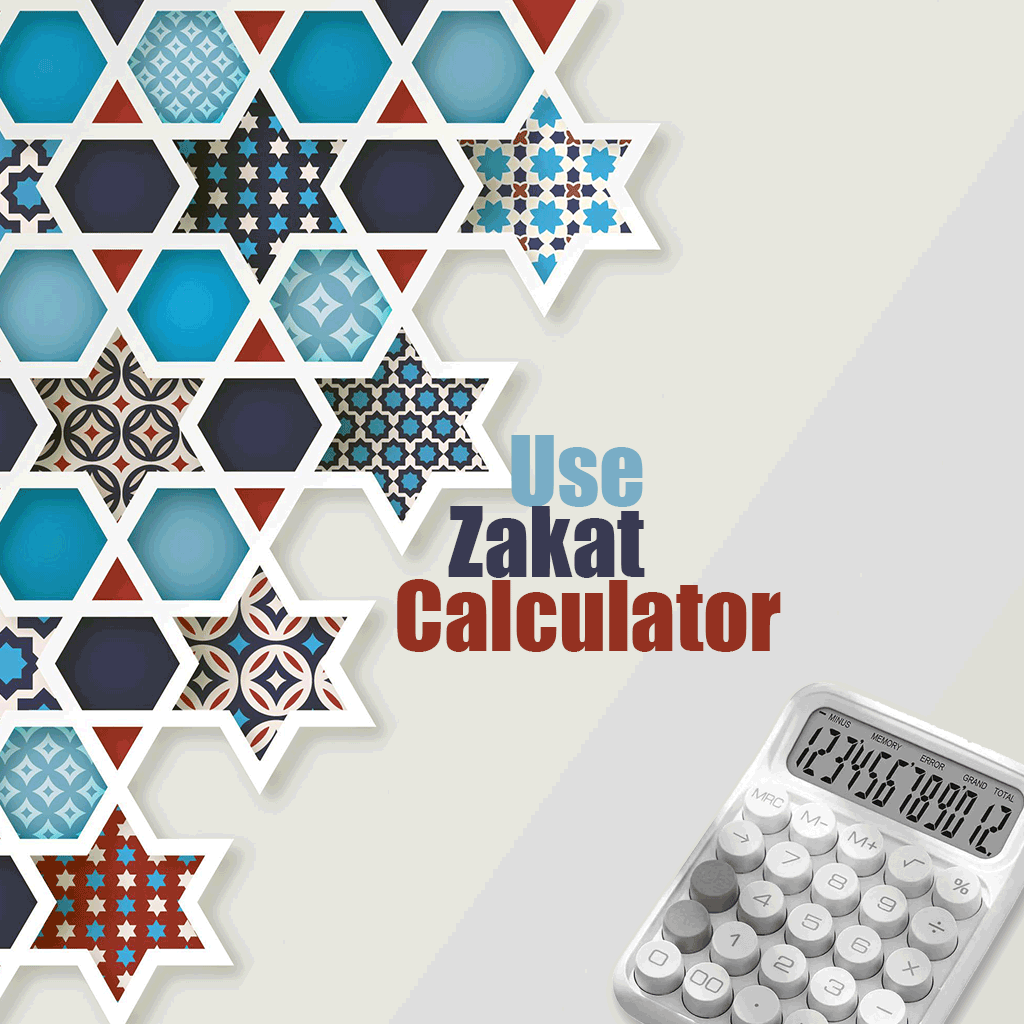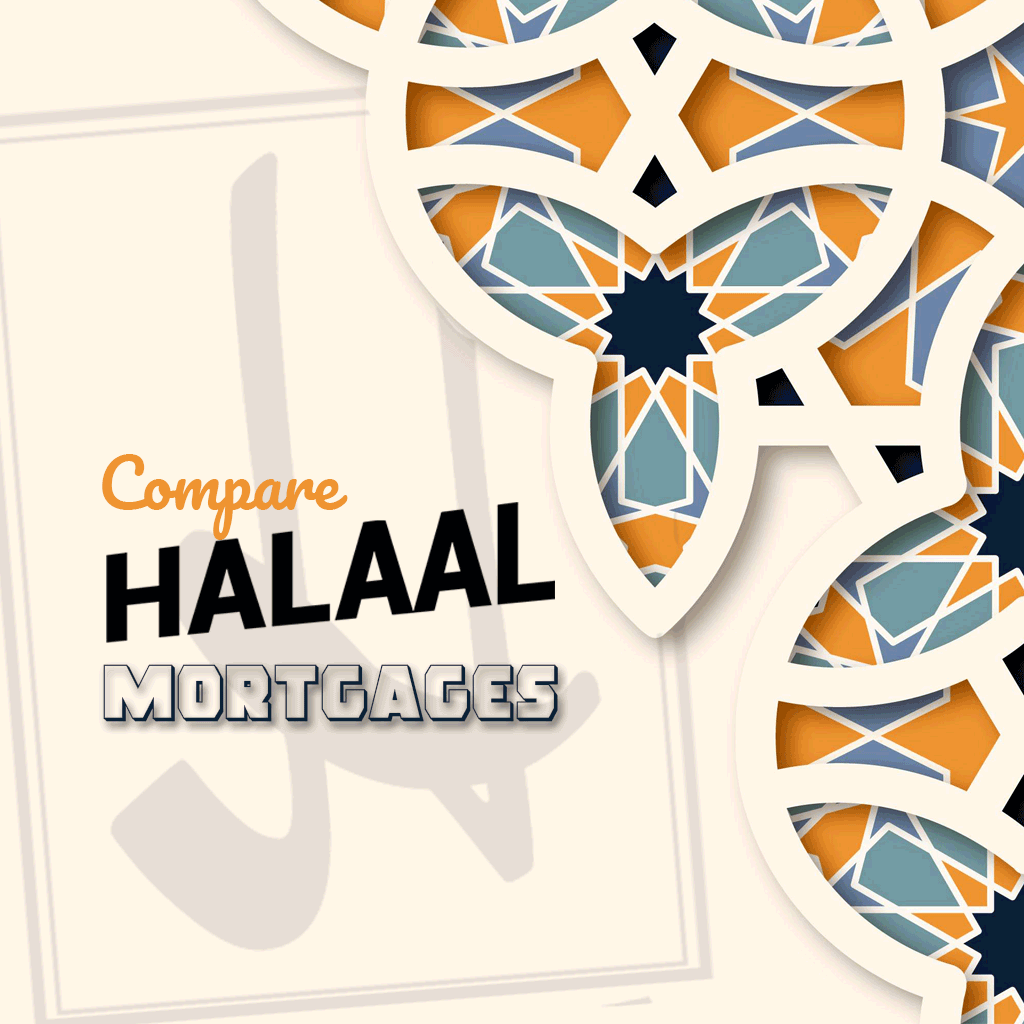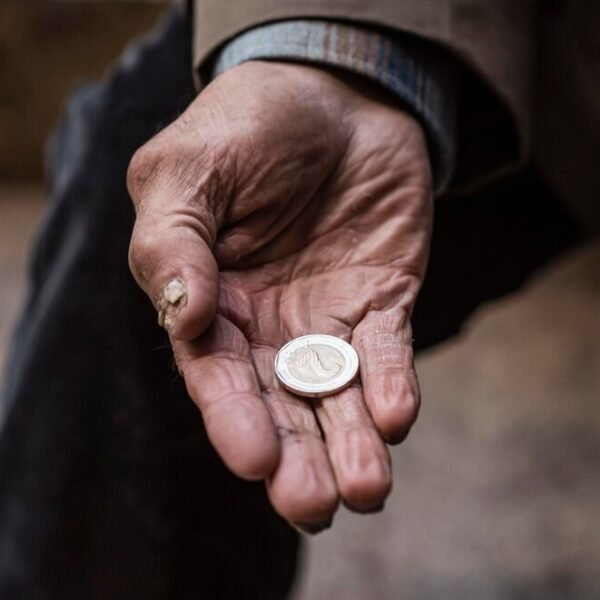Sadaqah and Zakat both involve giving for the sake of Allah, but they’re not the same. One is an obligation. The other is a choice. One is fixed. The other is flexible. Both are deeply rewarding, but each plays a different role in a Muslim’s life.
Let’s explore the key differences so you can understand how and when to give each one.
What is Zakat?
Zakat is one of the five pillars of Islam. It is a mandatory act of worship. If you meet certain conditions — like owning wealth above a set amount (Nisab) for a year, you are required to give 2.5% of it as Zakat.
Zakat is not just charity. It is a right that the poor have over your wealth.
And in their wealth there was a rightful share for the beggar and the poor.
– (Qur’an 51:19)
What is Sadaqah?
Sadaqah is voluntary charity. It can be given at any time, in any amount, to anyone. You don’t need to be rich. You don’t need to meet any conditions. And it’s not just about money — a smile, kind words, or helping someone can all be Sadaqah.
“Your smile to your brother is Sadaqah.”
(Jami’ at-Tirmidhi, 1956)
Sadaqah comes straight from the heart.
Quick Comparison Table
| Feature | Zakat | Sadaqah |
|---|---|---|
| Obligation | Yes (pillar of Islam) | No (voluntary) |
| Who gives it | Muslims with wealth above Nisab | Anyone |
| Frequency | Once per lunar year | Anytime |
| Rate of giving | 2.5% of Zakatable wealth | Any amount |
| Eligible recipients | 8 specific categories only | Anyone in need |
| Conditions to give | Nisab, one lunar year, adulthood | None |
| Type of wealth | Specific Zakatable assets | Money, food, help, kindness |
Why Both Matter
Zakat redistributes wealth and is part of a functioning Islamic economic system. It ensures that the poor, indebted, and struggling receive what they are due.
Sadaqah softens the heart, builds bonds, and helps fill the gaps where Zakat doesn’t reach. It keeps generosity flowing at all times.
They’re like two wings — one structured, one free — both helping society stay balanced and compassionate.
When to Give Zakat
You must give Zakat if:
- You are Muslim
- You own wealth above the Nisab threshold
- You’ve held it for one full Islamic year
- You are an adult and sane
Zakat is calculated once a year but can be paid in instalments.
When to Give Sadaqah
Always. Sadaqah has no limits.
Give when:
- You feel blessed and want to thank Allah
- You’re going through hardship and want relief
- You see someone in need
- You want to help a cause or community
- You want to protect yourself from harm
Even if it’s small, Sadaqah never goes unnoticed by Allah.

Can Zakat Count as Sadaqah?
No. While both are acts of giving, you cannot substitute one for the other.
- You must pay Zakat if you qualify — Sadaqah does not cancel this.
- But if you give Sadaqah with the intention of Zakat and all conditions are met, that can be valid.
Intention is key in Islam. Always be clear about your niyyah (intention) before giving.
Can Sadaqah Be More Rewarding Than Zakat?
Yes — in certain cases. For example:
- Giving Sadaqah when you’re struggling yourself
- Giving secretly and with sincere intention
- Giving to a cause that has urgent or widespread benefit
While Zakat is always rewarded, voluntary Sadaqah has more room for personal sacrifice and sincerity, which can elevate the reward even further.



Sadaqah vs Zakat FAQ's
Yes. Many people give Zakat in Ramadan and also give Sadaqah throughout the year.
Only if they directly serve eligible recipients. Otherwise, it’s better to give general Sadaqah.
Yes — if they are eligible and not someone you’re already financially responsible for.
Yes. Sadaqah can be given to anyone, at any time, for any good cause — while Zakat has strict rules.








Sign up